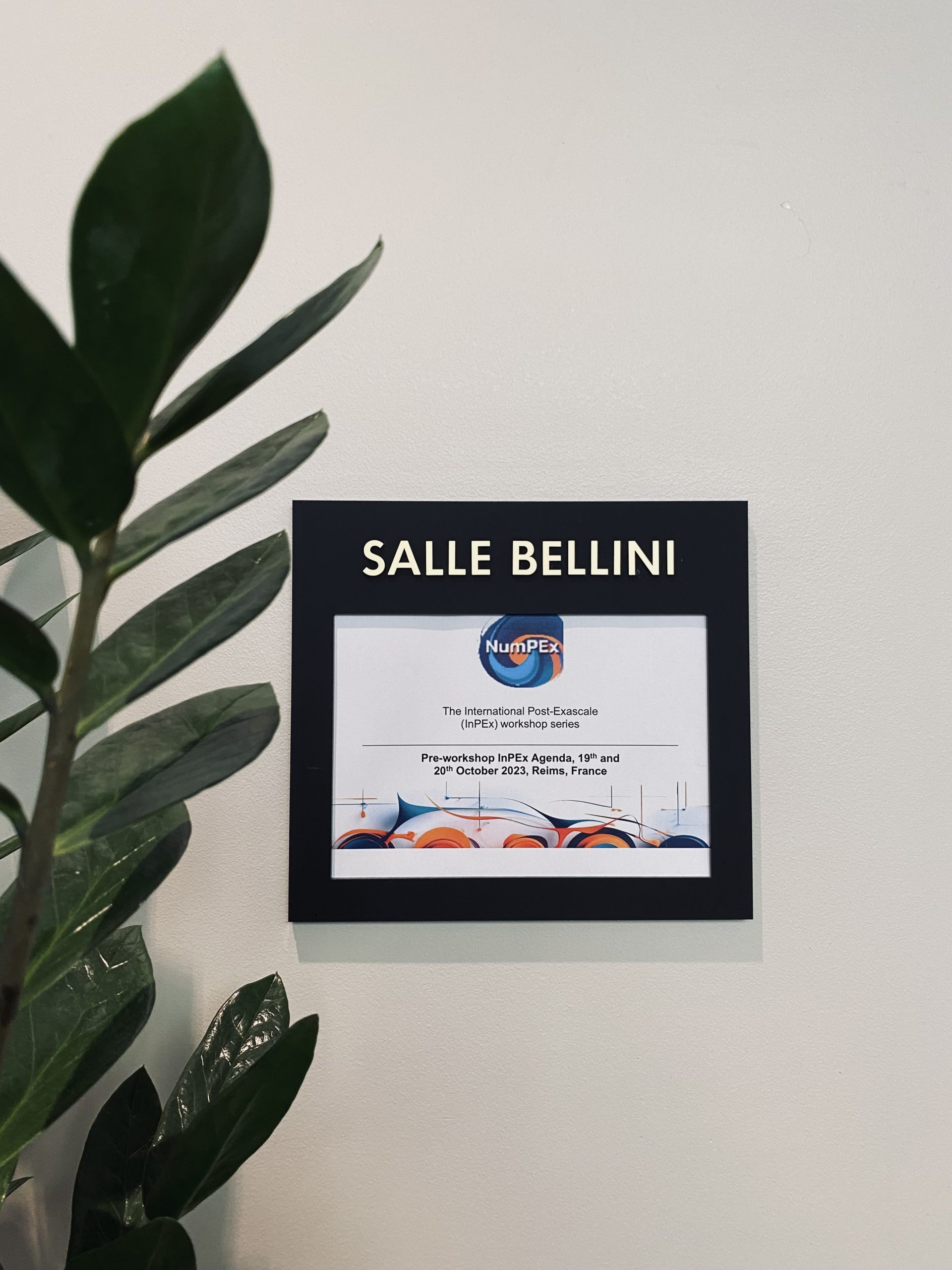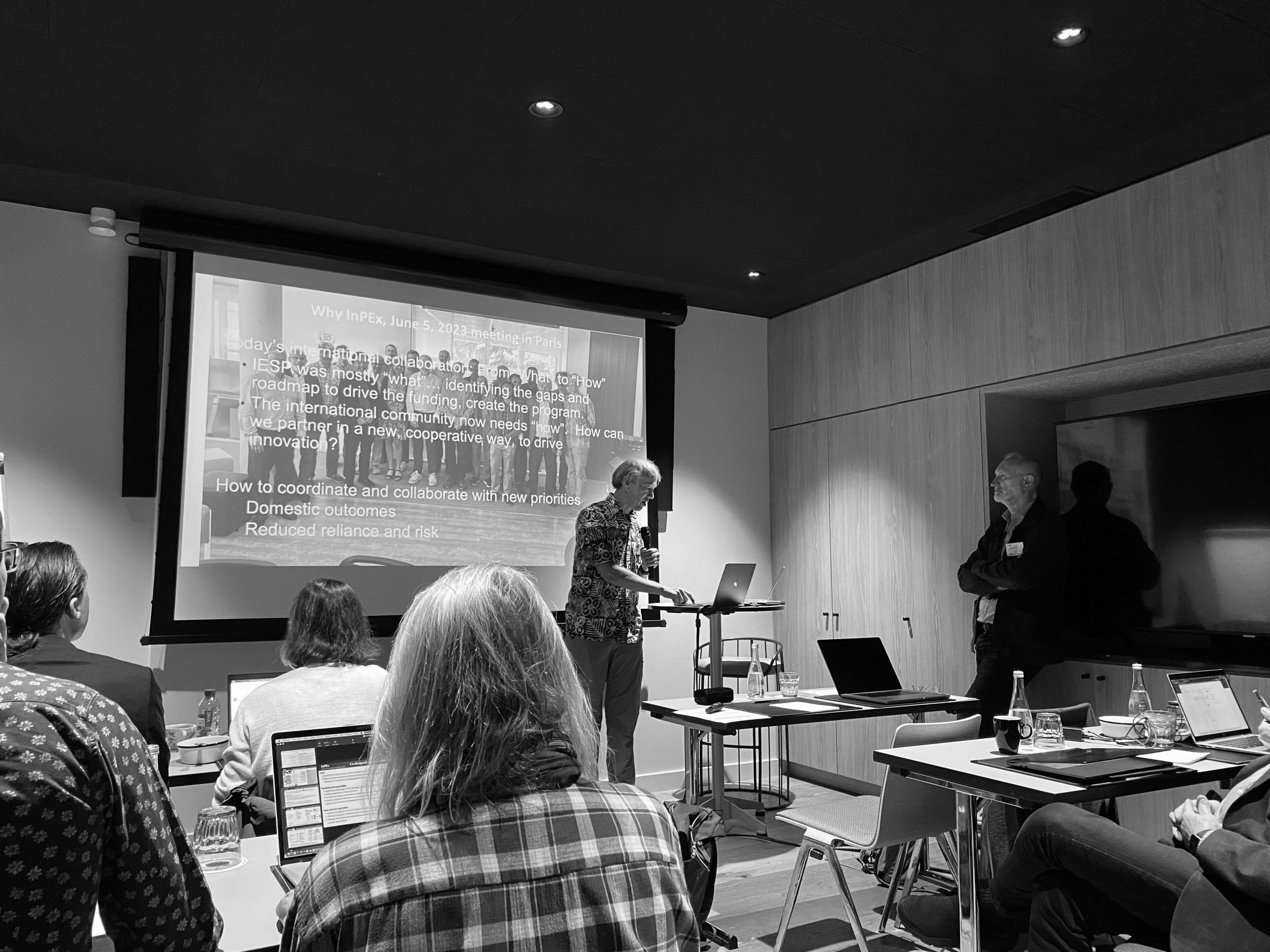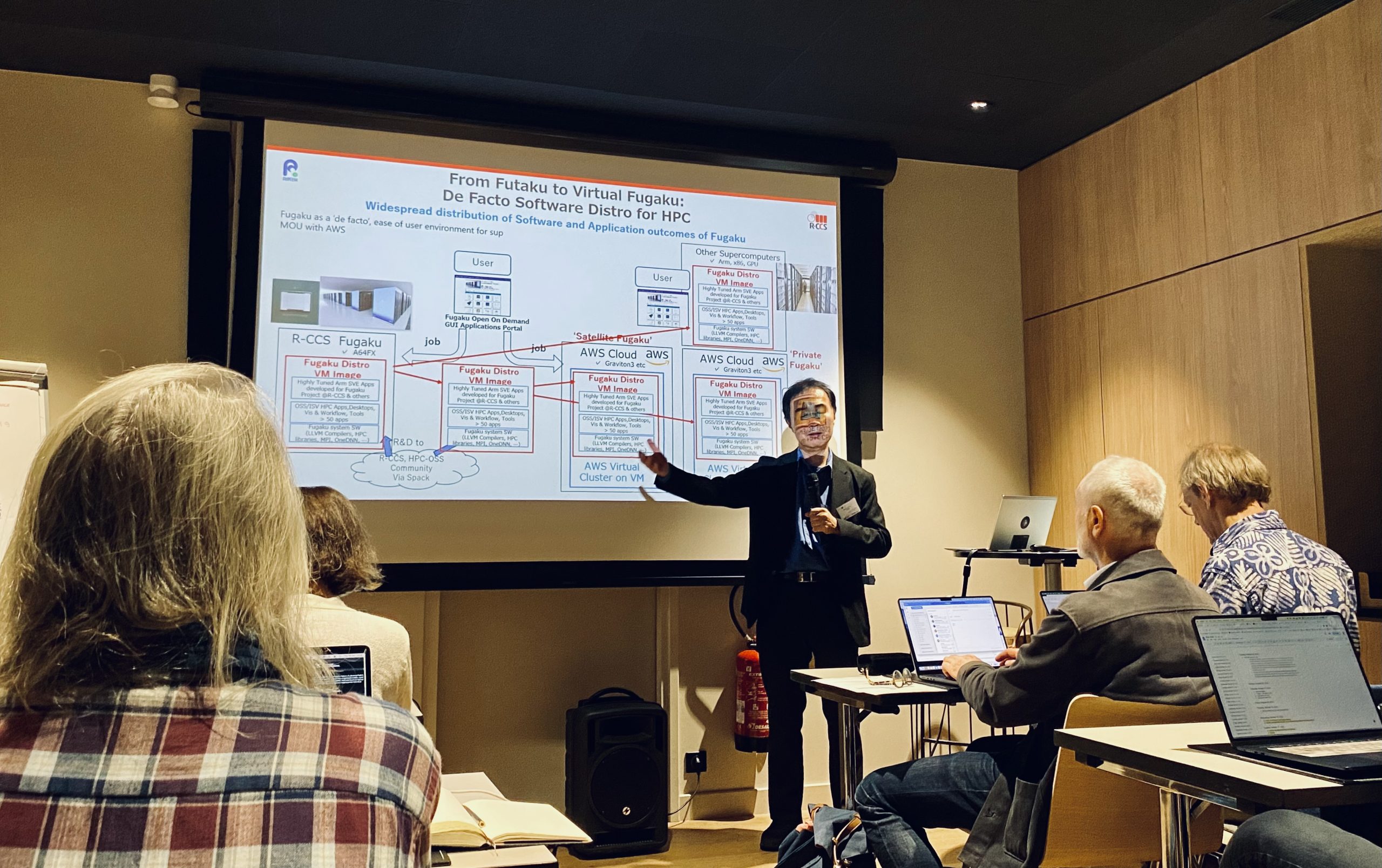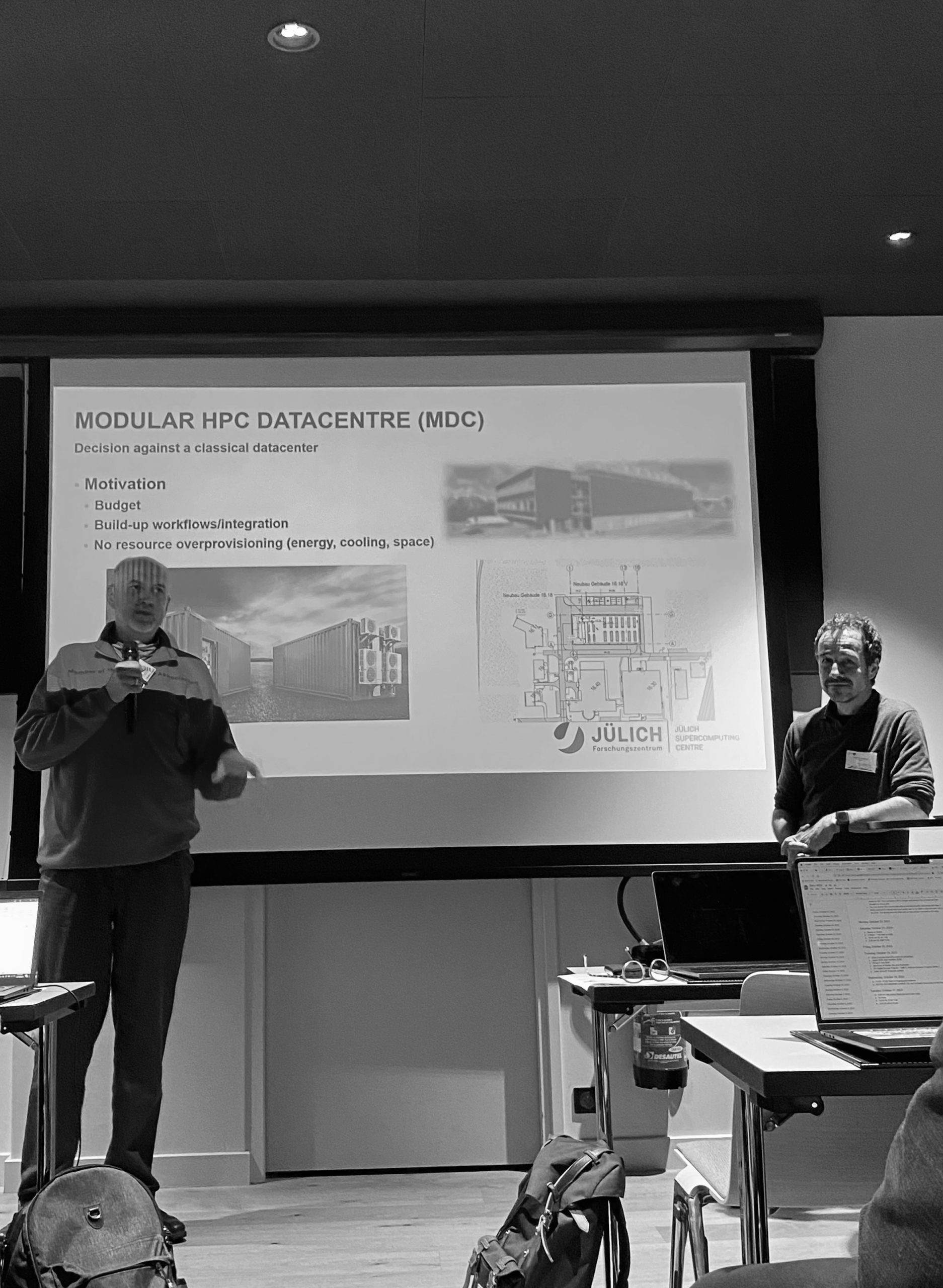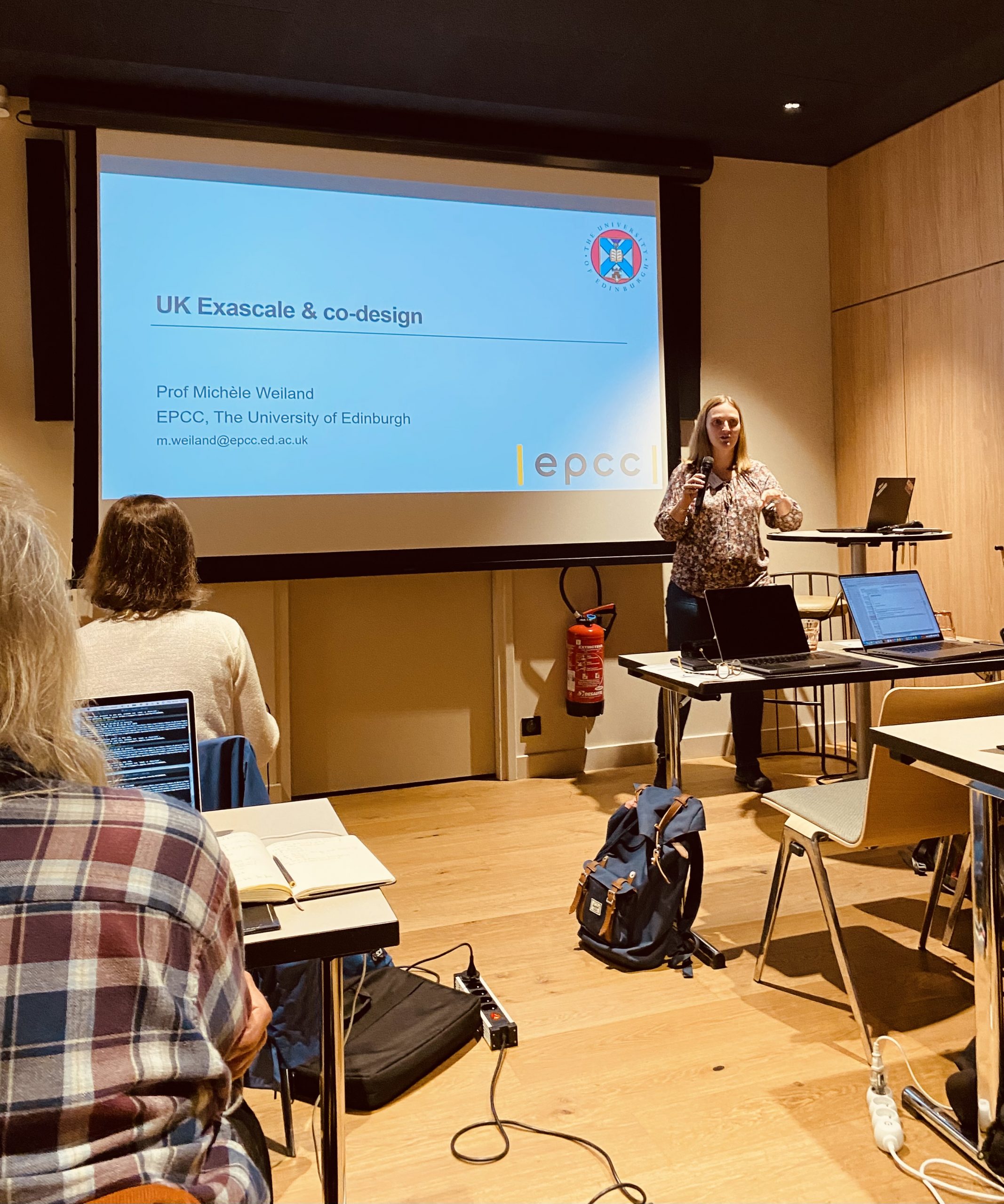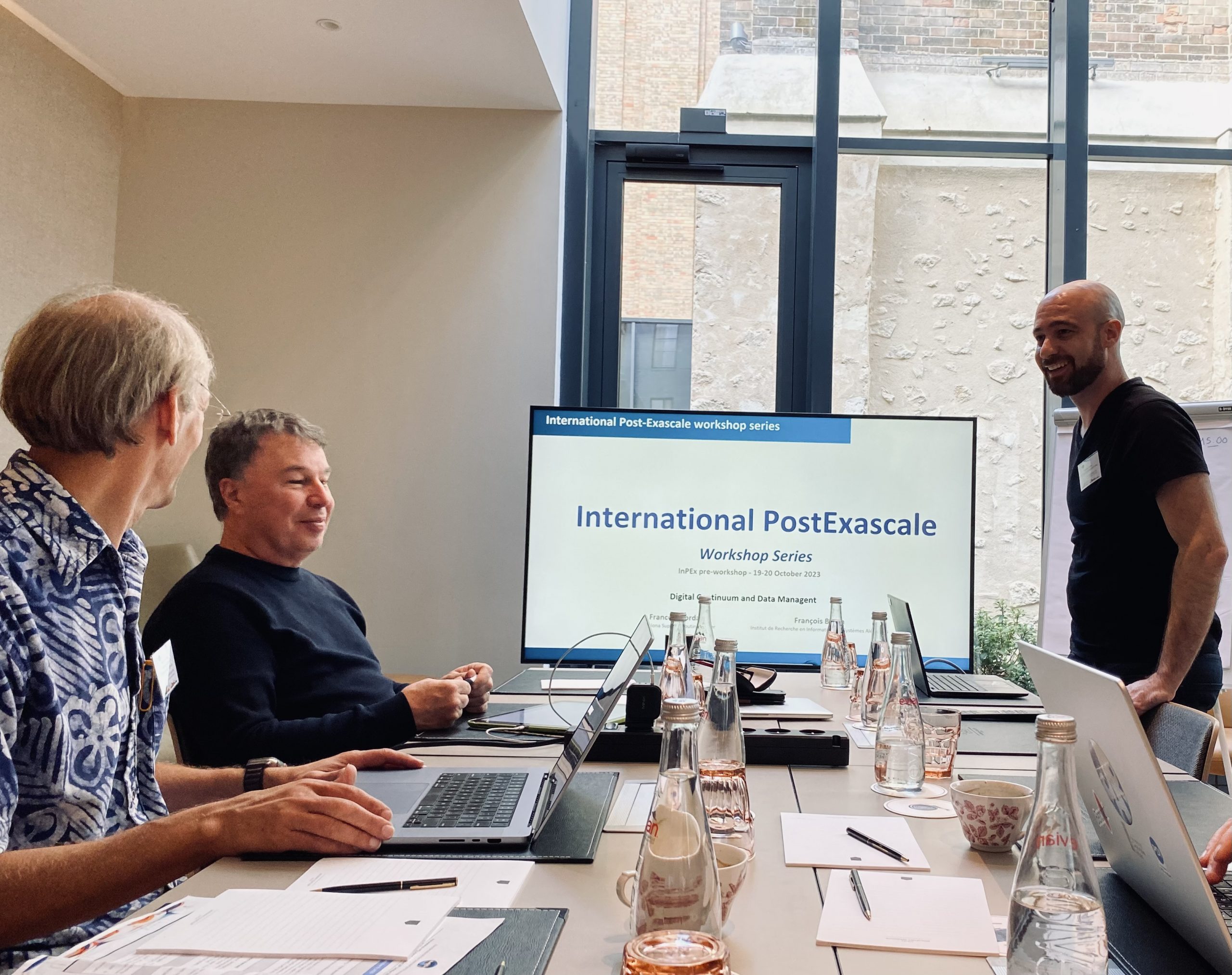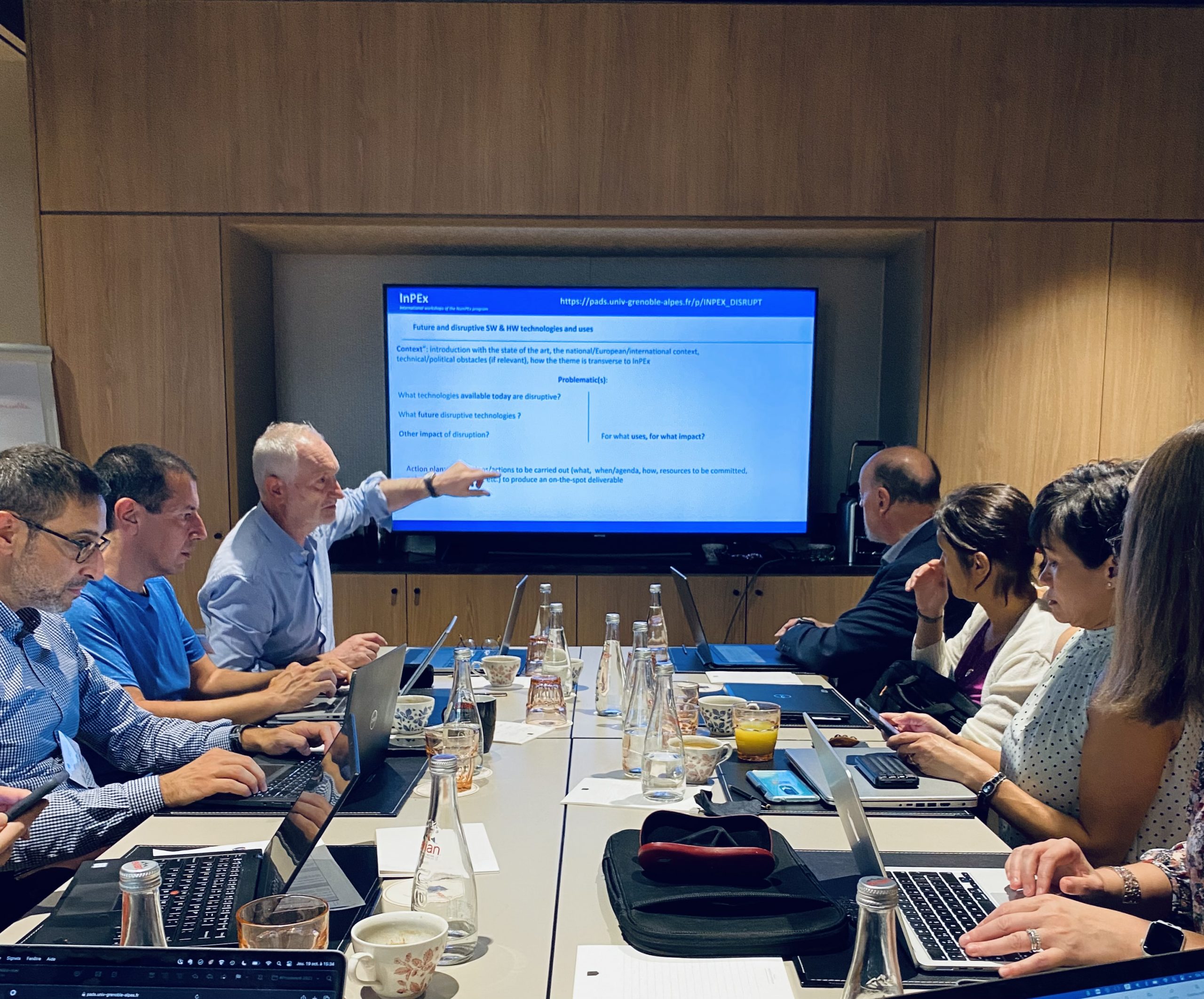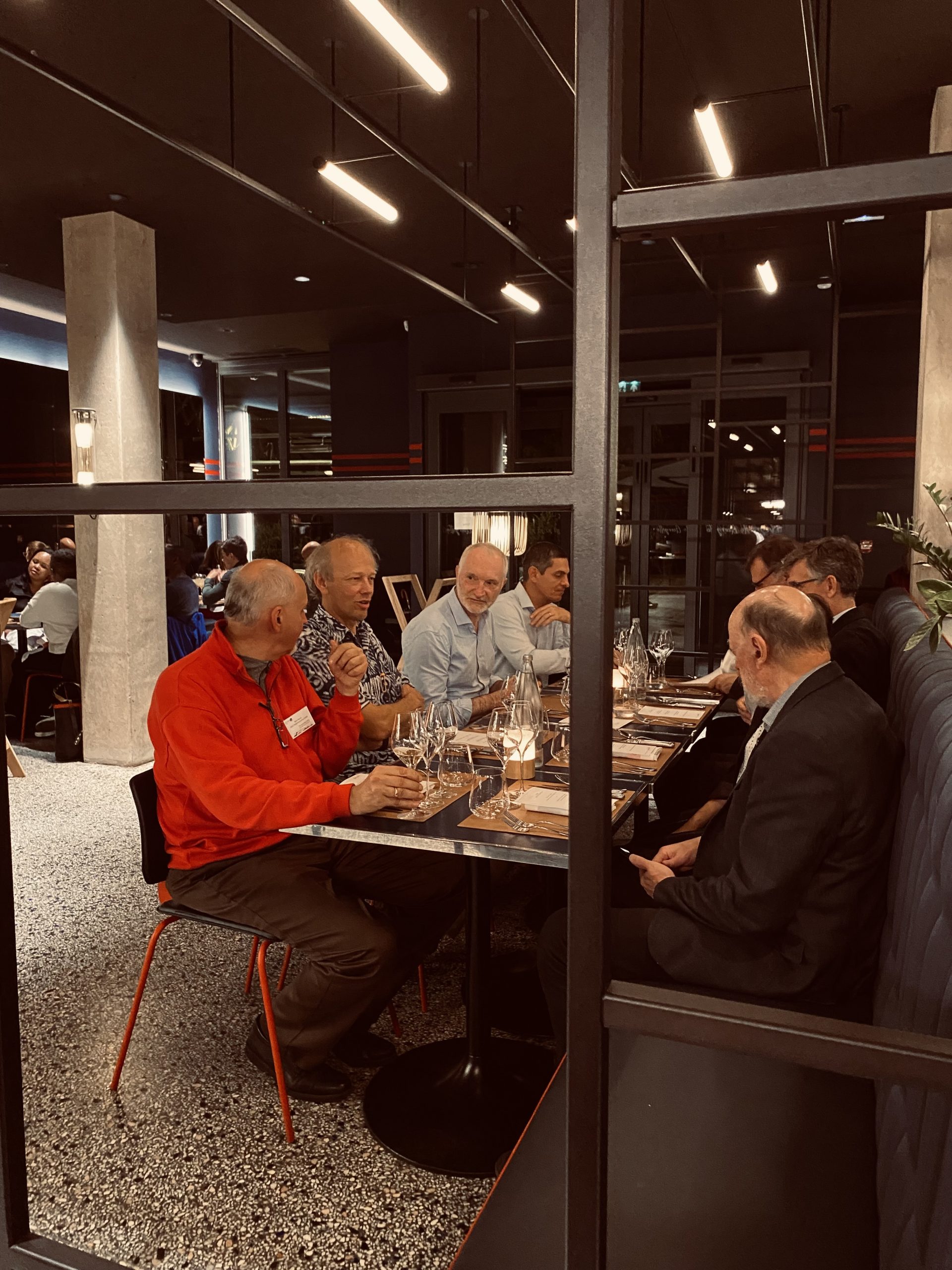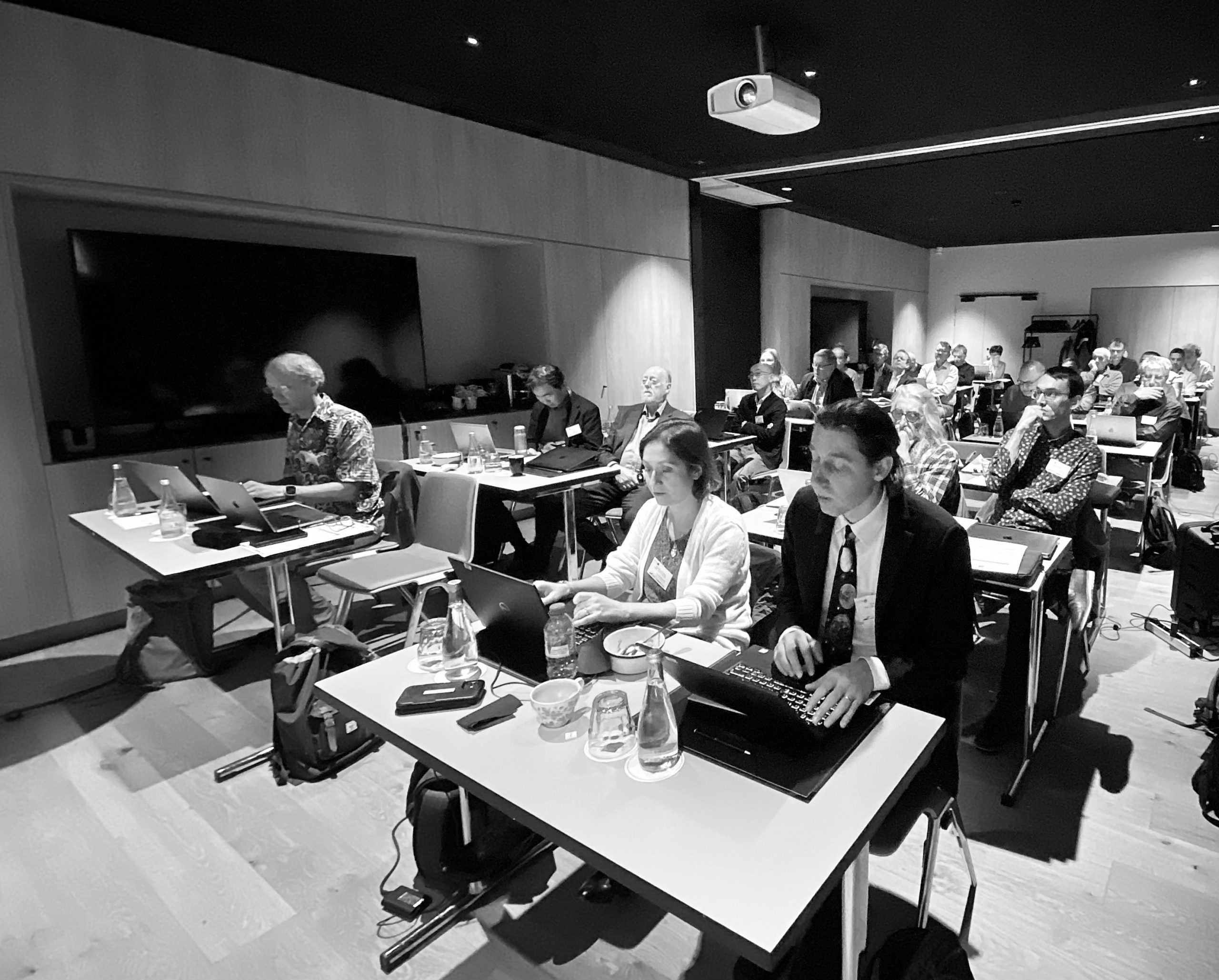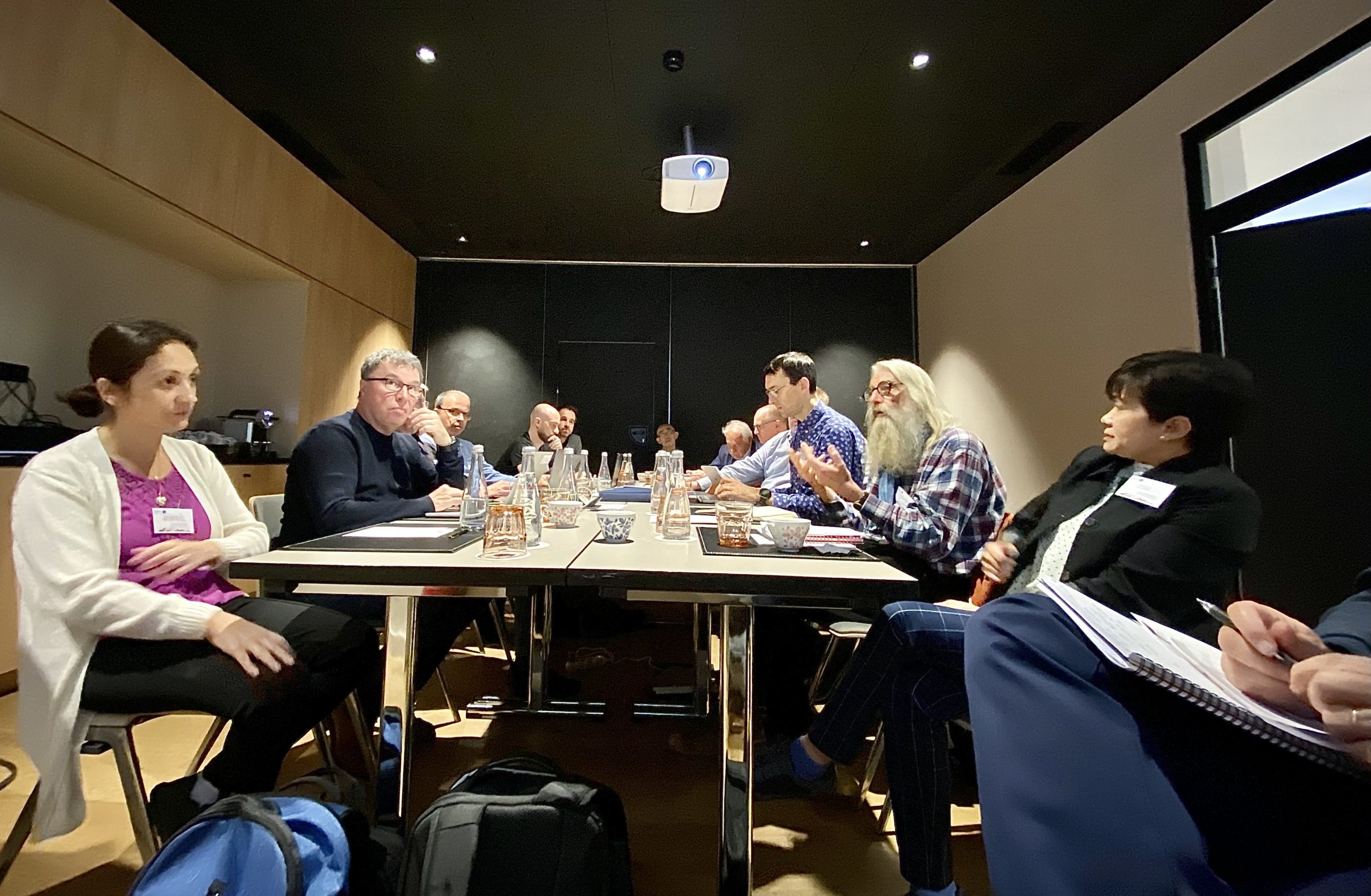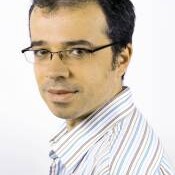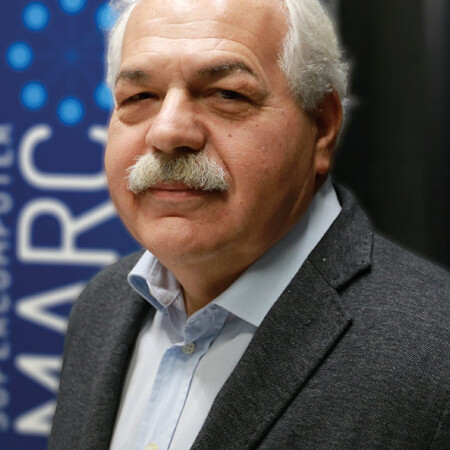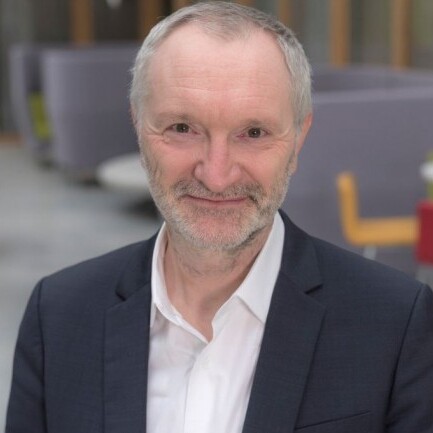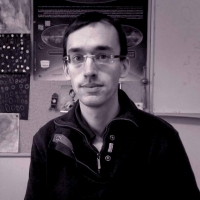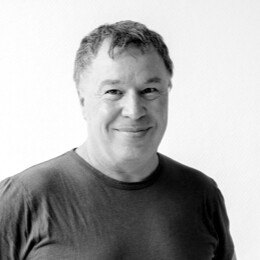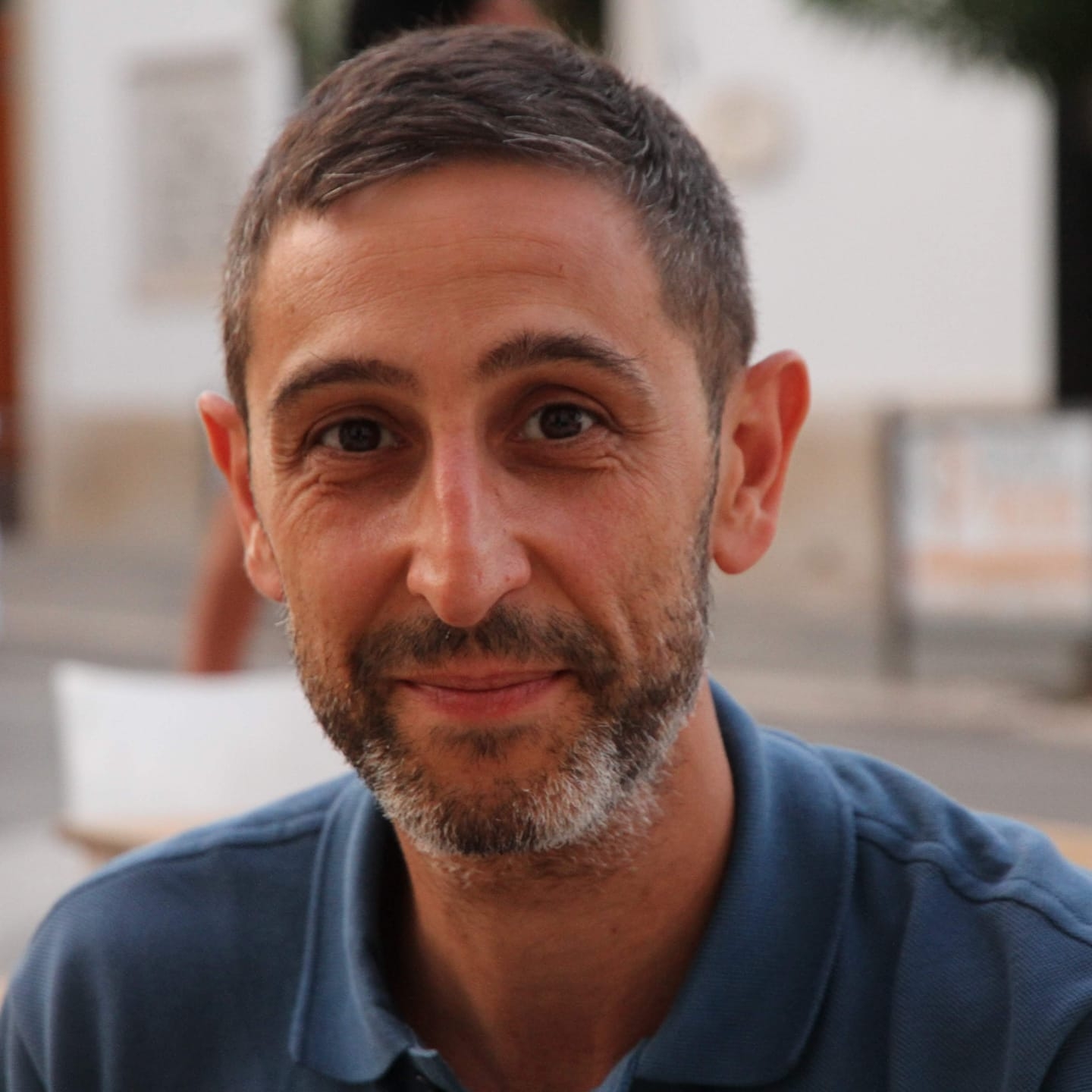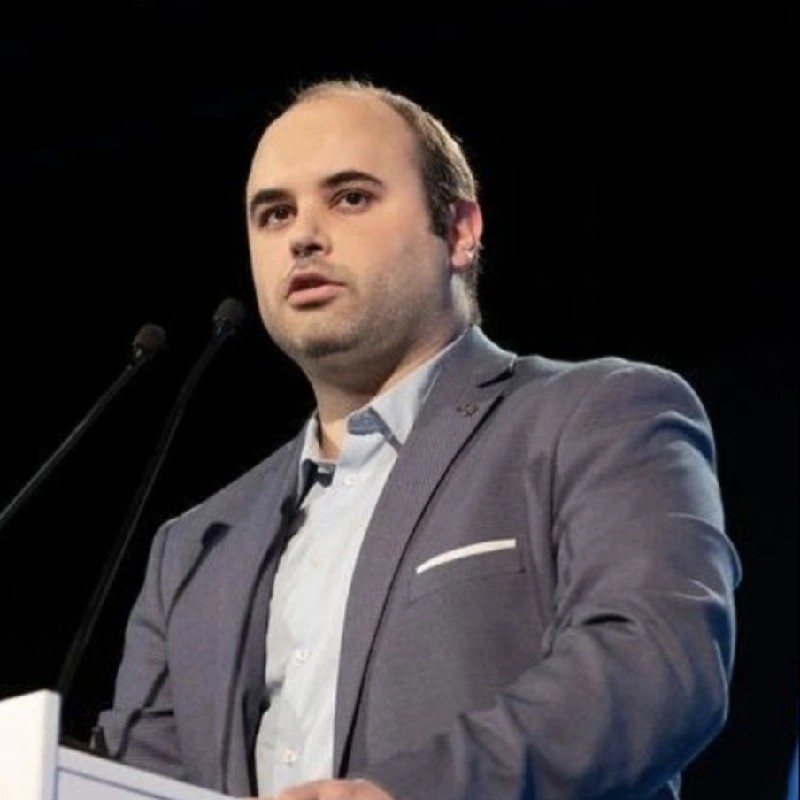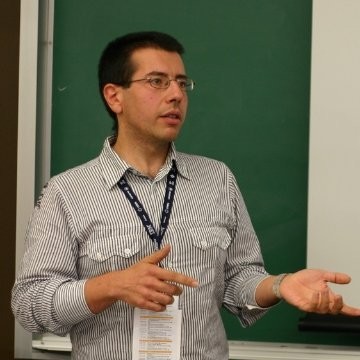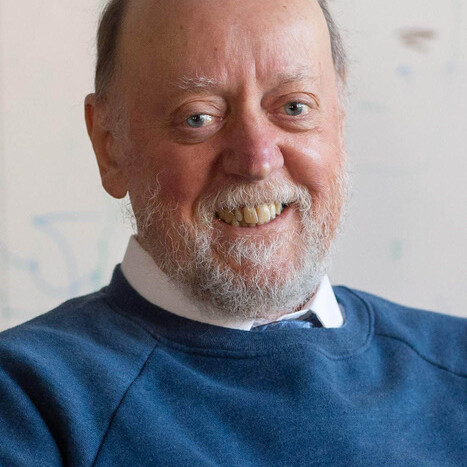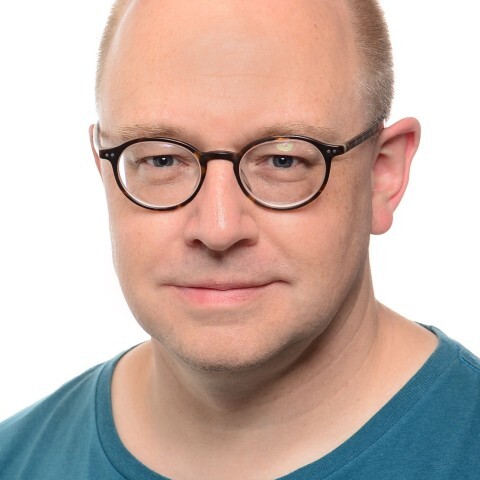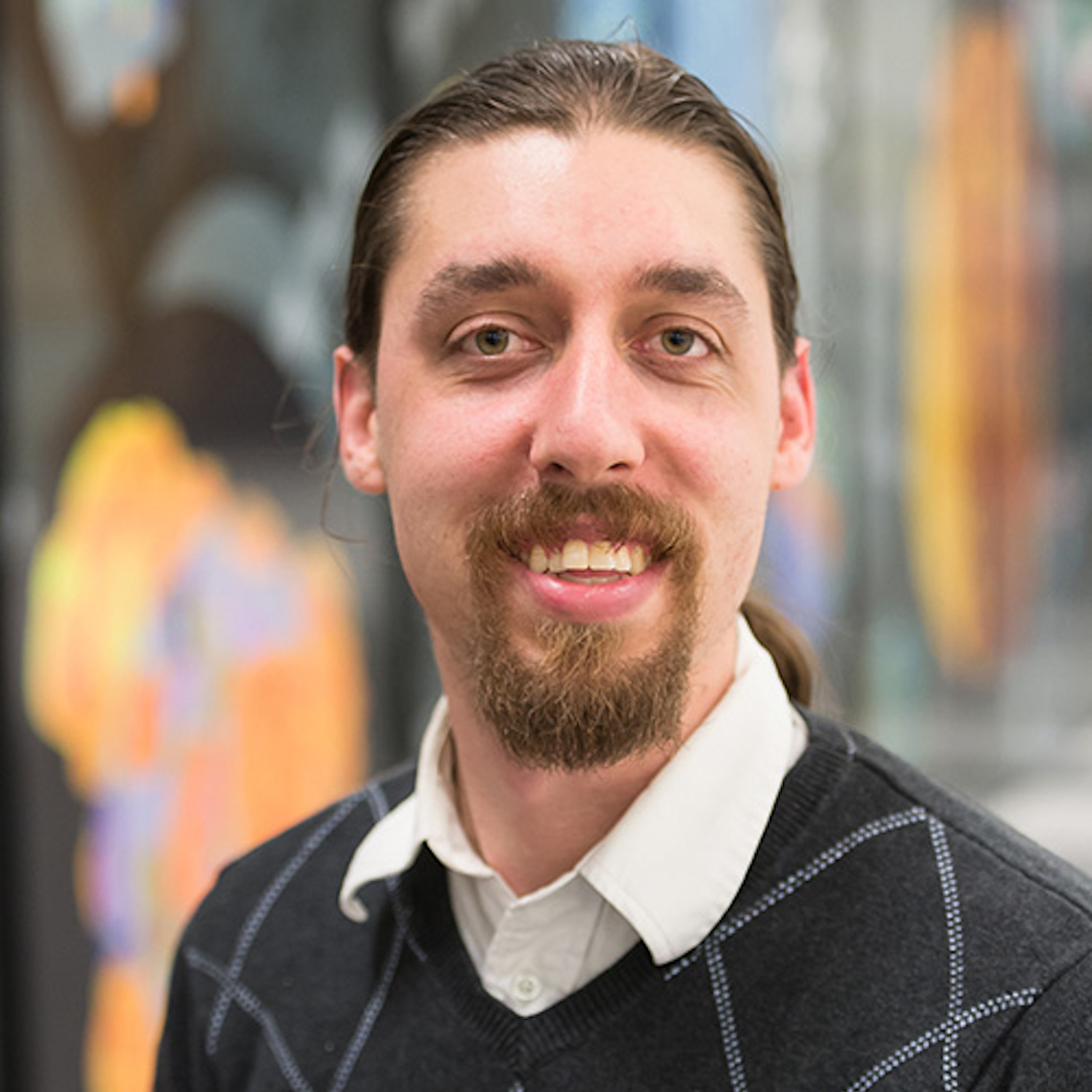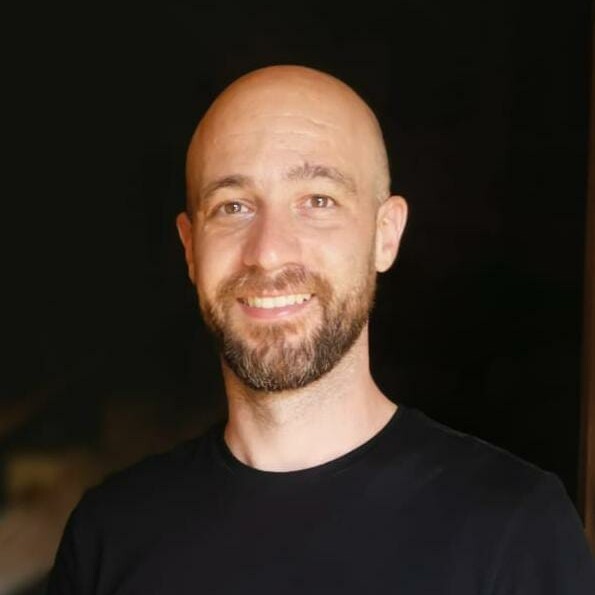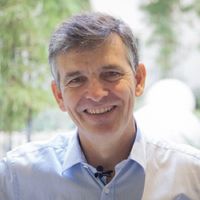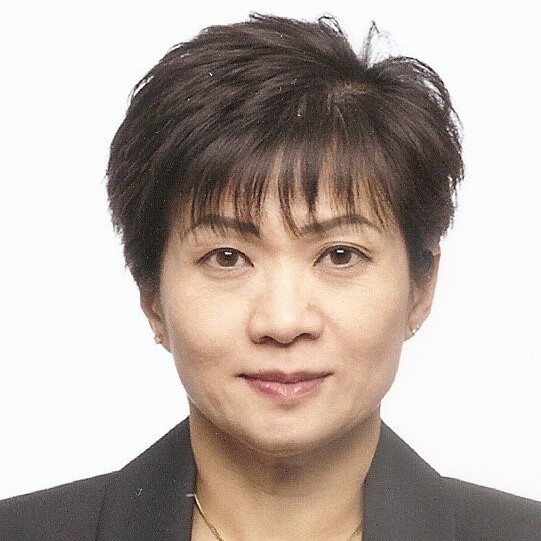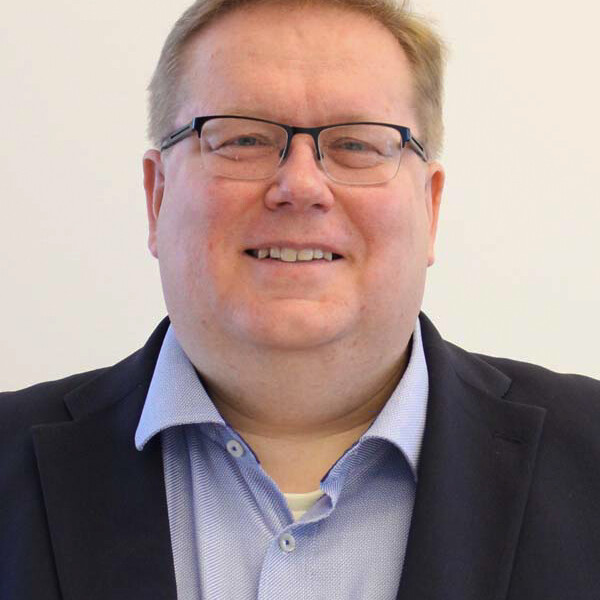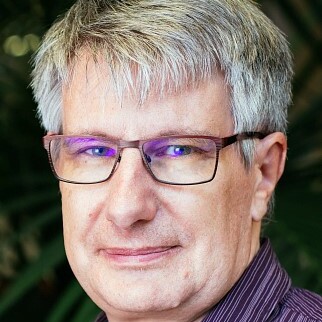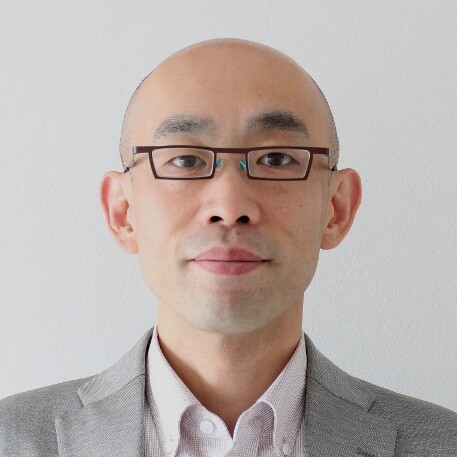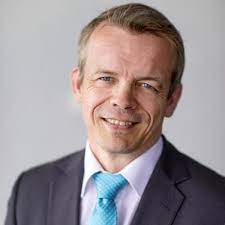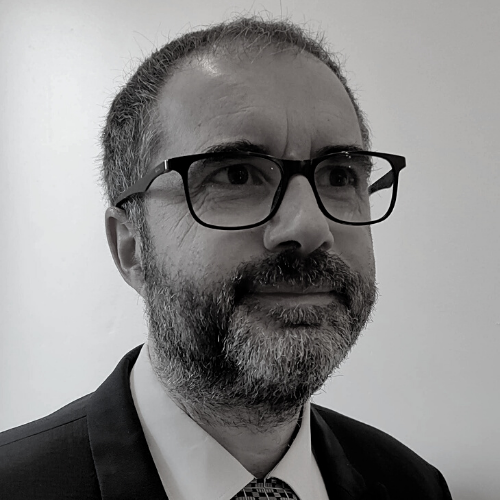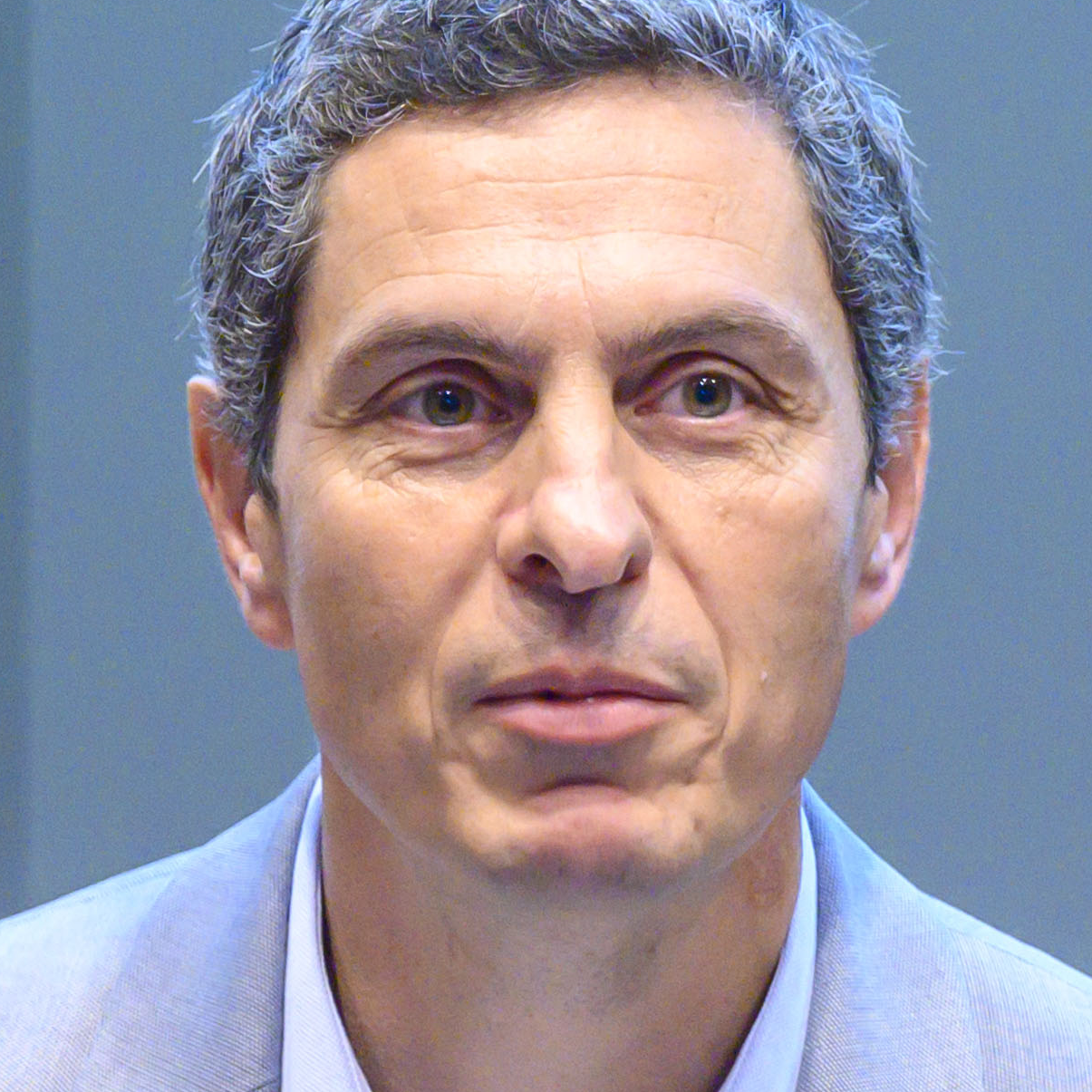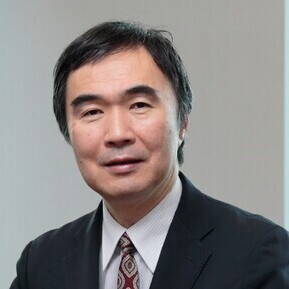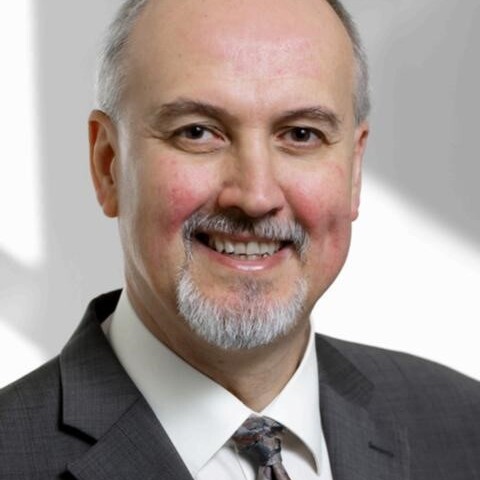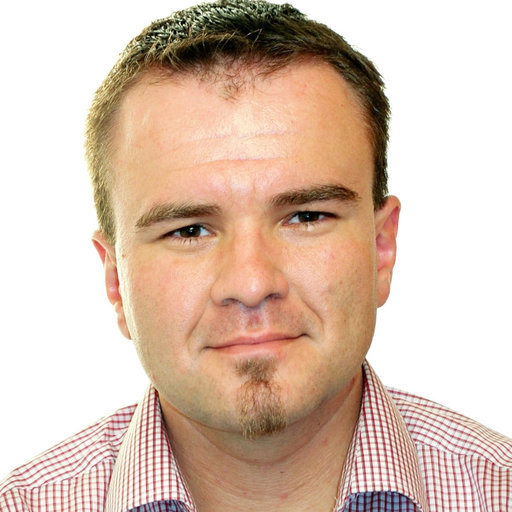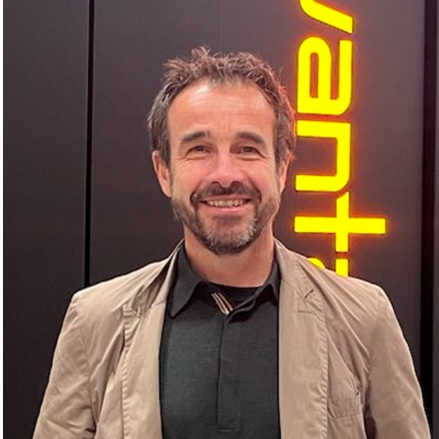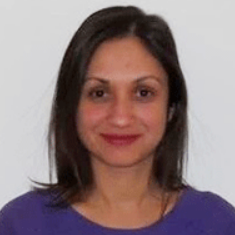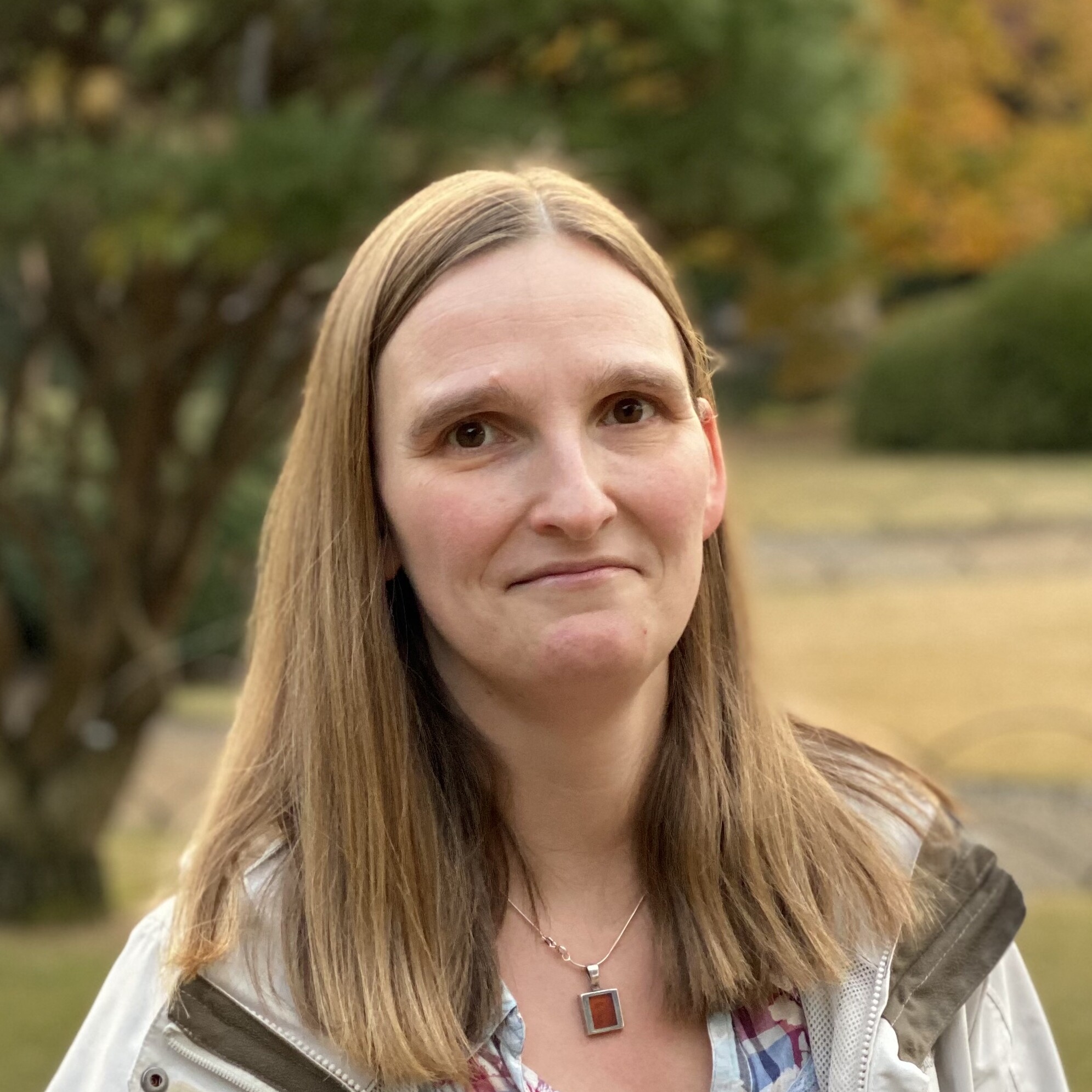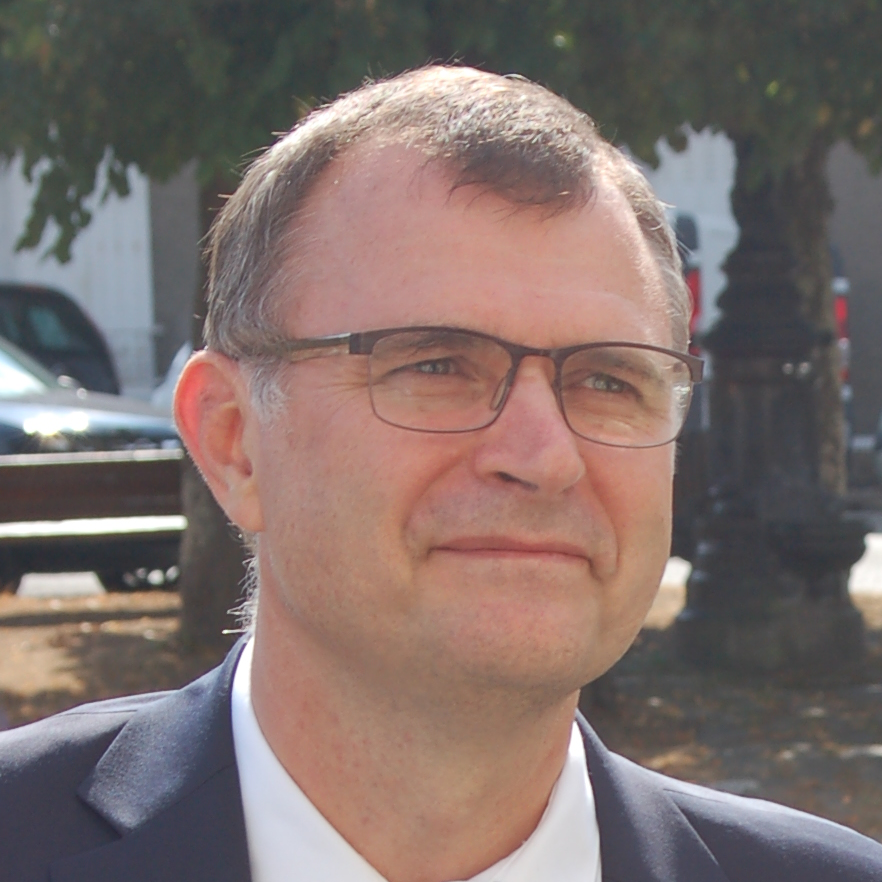NumPEx Collaborations internationales
Le pré-atelier InPEx : 19-20 octobre 2023
19-20 octobre 2023 Hôtel La Caserne Chanzy, Reims 18, rue Tronsson Ducoudray 51100 Reims, France
Le groupe photo pré-atelier de l'InPEx
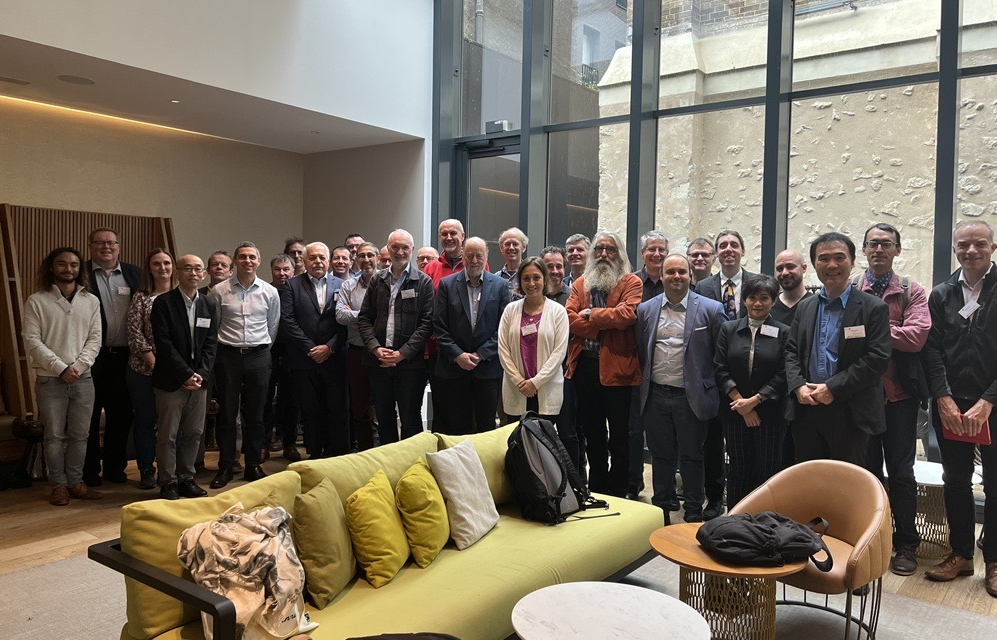
19 octobre 2023
9:00-10:00 – Accueil et café (sur place)
10:00-12:00 – Introduction et présentations des panels
- Contexte et objectifs de la réunion – Pete Beckman (NAISE), Jean-Yves Berthou (Inria)
- Présentations et échanges sur l’état de l’art des projets/programmes Exascale et post-Exascale :
- Japon, 30 min
- Présentation du Riken CCS – Satoshi Matsuoka (Riken CCS)
- États-Unis, 30 min
- Présentation de la science pour l’IA – Pete Beckman (NAISE),
- Présentation du DOE-Science – Ceren Susut-Bennett (DOE-Science)
- Présentation DOE-NNSA Post-Exascale – Thuc Hoang (DOE – NNSA)
- Europe, 30 min
- Présentation EuroHPC – Stéphane Requena (Genci)
- Présentation de Jupiter – Bernd Mohr (Centre de calcul de Jülich)
- Présentation du NumPEx – Jérôme Bobin (CEA)
- Présentation de l’EUPEX – Gabriel Antoniu (Inria)
- Exascale au Royaume-Uni Présentation – Michèle Weiland (EPCC – Université d’Edimbourg)
- Japon, 30 min
12:00-13:30 – Déjeuner (et groupe photo)
13:30-15:00 – Discussions thématiques en sous-groupes (environ 90 min. par thème)
Session du sous-groupe 1 :
- #1 – Production et gestion de logiciels : packaging, documentation, builds, résultats, catalogues, intégration continue, conteneurisation, LLVM, outils parallèles et durabilité.
– Bernd Mohr (Jülich Computing Center), Bruno Raffin (Inria) - #2 – Convergence HPC/AI : ML, LLM pour la science, modèles ouverts et jeux de données pour l’entraînement à l’IA – Pete Beckman (NAISE), Jérôme Bobin (CEA)
- #3 – Impact énergétique et environnemental et durabilité – Michèle Weiland (EPCC – Université d’Edimbourg), Georges Da Costa (IRIT)
15:00-15:30 – Pause café
15:30-17:00 – Discussions thématiques en sous-groupes (environ 90 minutes par thème)
Session du sous-groupe 2 :
- #1 – Technologies et usages futurs et disruptifs des logiciels et matériels (y compris les accélérateurs) : feuilles de route, adoption… – Jack Dongarra (Univ. Tennessee), Jean-Yves Berthou (Inria)
- #2 – Co-conception, benchmarks/mini Apps/Proxy et évaluation (HW & SW & Applications) – Jean-Pierre Vilotte (CNRS), Masaaki Kondo (Riken CCS)
- #3 – Continuum numérique et gestion des données – Francesc Lordan (BSC), François Bodin (Univ. Rennes)
17:15-22:00 – Événement social et dîner
20 octobre 2023
9:00-11:00 – Feedbacks des sous-groupes thématiques et échanges – Rapporteurs des sous-groupes thématiques (20 min. chacun)
- Production et gestion de logiciels Présentation – Bernd Mohr (Jülich Computing Center), Bruno Raffin (Inria)
- Convergence HPC/AI Présentation – Pete Beckman (NAISE), Jérôme Bobin (CEA)
- Impact énergétique et environnemental et durabilité Présentation – Michèle Weiland (EPCC – Université d’Edimbourg), Georges Da Costa (IRIT)
- Technologies et usages futurs et perturbateurs Présentation – Jack Dongarra (Univ. Tennessee), Jean-Yves Berthou (Inria)
- Co-conception, benchmarks/mini Apps/Proxy et évaluation Présentation – Jean-Pierre Vilotte (CNRS), Masaaki Kondo (Riken CCS)
- Continuum numérique et gestion des données Présentation – Francesc Lordan (BSC), François Bodin (Univ. Rennes)
11:00-11:30 – Pause café
11:30-12:00 – Préparation des oiseaux de plume pour le SC2023 : sujets et aspects clés
- Préparation du BoF InPEx pour la présentation du SC2023 – Emmanuel Jeannot (Inria), Jean-Yves Berthou (Inria)
12:00-12:30 – Préparation de la série d’ateliers InPEx : résultats attendus, organisation, agenda et financement
- Préparation de la série d’ateliers InPEx Présentation – Pete Beckman (NAISE), Jean-Yves Berthou (Inria), Satoshi Matsuoka (Riken CSS)
12:30 – Conclusion
Participants à l'InPEx
Gabriel Antoniu
Dr, Directeur de recherche - Inria Rennes
Gabriel Antoniu est directeur de recherche à l'Inria de Rennes. Ses recherches portent sur le stockage distribué évolutif, les E/S et la visualisation in situ, ainsi que sur les architectures de traitement de données favorisant la convergence du HPC, de l'analyse Big Data et de l'IA. Il a obtenu son doctorat en informatique en 2001 à l'ENS Lyon et son habilitation à diriger des recherches en 2009 à l'ENS Cahan/Bretagne. Il est actuellement vice-directeur exécutif du JLESC - Joint Inria-Illinois-ANL-BSC-JSC-RIKEN/AICS Laboratory for Extreme-Scale Computing pour le compte d'Inria. Il a été responsable principal de projets internationaux dans les domaines susmentionnés en partenariat avec Microsoft Research, Argonne National Lab, l'Université de l'Illinois à Urbana Champaign, Barcelona Supercomputing Center, IBM, ATOS, Total. Il a été président du programme de la conférence IEEE Cluster en 2014 et 2017 et siège régulièrement en tant que membre du comité de programme de grandes conférences dans le domaine du HPC, du cloud computing et de l'analyse Big Data (SC, HPDC, CCGRID, Cluster, Big Data, etc.). Il a été conseiller pour plus de 20 thèses de doctorat et a co-écrit plus de 150 publications internationales dans les domaines susmentionnés.
Sanzio Bassini_Photo
Director of the Supercomputing Application and Innovation Department - CINECA
Sanzio Bassini has been responsible of the scientific computing systems installed at CINECA and in 1984 joint the Italian Supercomputer Project that introduced the first supercomputer of this class in Italy. In 1986 he has been convener of the Operating System Committee of the Cray User Group independent conference. In 1992, he has been appointed Team Leader of the CINECA Supercomputing Group. From 1992 to 1996 he has been member of the EC High Performance Computing & Networking EC committee. In 1996, he has been appointed CINECA High Performance System Division Manager. From 2006 to 2010 he was CINECA Director of the System and Technology Department for the Development and Management of CINECA Information System. From 2010, upfront the delegation from Italian Ministry of Education University and Research to CINECA to represent Italy within the PRACE Legal Association for the implementation of the European Supercomputing Research Infrastructure. In his position of Technical Director since 2006 he is a member of the CINECA Consortium Technical Committee. In his career he has been project leader of many European projects funded by the DG INFSO (now Connect) and by the DG Research and participated to many infrastructure projects in the area of information technology, networking and supercomputing. In June 2014 was elected PRACE Council Chairman.
Waggle project
31029D, Waggle project, Pete Beckman (CLS)
Pete Beckman is a Distinguished Fellow at Argonne National Laboratory and the Co-Director of the Northwestern University / Argonne Institute for Science and Engineering. His current research interests include extreme scale operating systems, low-level system software, artificial intelligence at the edge, smart sensing, and distributed sensor networks. He is PI of the Argo project which is building low-level system software for the Extreme Computing Project and he is also the PI for the NSF SAGE project building a national infrastructure for software-defined sensors and artificial intelligence at the edge. Beckman received his Ph.D. in computer science from Indiana University.
Jérôme Bobin
Directeur de recherche CEA à l'Institut de recherche sur les lois fondamentales de l'univers (CEA Irfu), et co-directeur de NumPEx
Jérôme Bobin a obtenu son doctorat en informatique à l’Université Paris-Sud (aujourd’hui Université Paris-Saclay) (France) en 2008. De 2008 à 2010, il a été chercheur postdoctoral au département de mathématiques appliquées du California Institute of Technology, puis au département de mathématiques de l’Université de Stanford. Depuis 2010, il est chercheur au CEA/IRFU. De 2010 à 2021, il a été membre du laboratoire CosmoStat, et co-responsable du laboratoire de 2014 à 2021. Depuis 2021, il est directeur de recherche au LILAS (Laboratoire d’Ingénierie Logicielle pour les Applications Scientifiques) à l’IRFU. De 2016 à 2021, il a été l'investigateur principal du projet LENA, financé par l'ERC (Starting Grant programme), consacré au développement de solutions d'apprentissage automatique dans le domaine du traitement du signal, avec des applications en astrophysique. En 2021, il a reçu, avec ses collaborateurs, le « Prix de la Recherche LNE » pour ses travaux sur l'analyse de données appliquée à la physique nucléaire. Depuis 2022, il est co-directeur du projet NumPEx, un projet de 6 ans et 40 MEuros axé sur le numérique de haute performance pour l'Exascale. Ses intérêts de recherche portent sur le traitement du signal et de l'image, l'apprentissage automatique, les statistiques, l'analyse de données massives et leurs applications en physique, avec un accent particulier sur l'astrophysique et la physique nucléaire. De 2006 à 2015, il a été membre du consortium ESA/Planck, où il a participé activement à l'analyse et à l'exploitation des données Planck. Il est membre du consortium ESA/LISA et participe activement à la mission spatiale ESA/Athena.
François Bodin
Dr., Professeur - Université Rennes I - Inria
François Bodin a occupé divers postes de recherche à l'Université de Rennes I. Sa contribution comprend de nouvelles approches pour exploiter les processeurs à hautes performances dans le calcul scientifique et dans les applications embarquées. Il a cofondé la société CAPS en 2002 alors qu'il était professeur à l'Université de Rennes I et en janvier 2008, il en devient le directeur technique. En 2013, il est de retour à l'Irisa (https://www.irisa.fr) en tant que professeur. Il est actuellement impliqué dans des projets liés aux données tels que le PEPR Numpex (https://numpex.fr/) et RUDI (https://rudi.bzh/catalogue).
Alfredo Buttari
Dr., Directeur de recherche - CNRS / IRIT
Alfredo Buttari, est actuellement directeur de recherche CNRS au laboratoire IRIT de Toulouse où il a précédemment occupé un poste de chercheur de 2008 à 2021. Il est membre de l'équipe APO (Algorithmes Parallèles et Optimisation). En 2006, il a obtenu le doctorat en informatique de l'Université de Rome Tor Vergata ; successivement, en 2006-2007, il a occupé un poste postdoctoral au laboratoire d'informatique innovante de l'Université du Tennessee Knoxville sous la direction de Jack Dongarra et, en 2008, un poste postdoctoral au laboratoire LIP, ENS-Lyon. Il est un expert du calcul parallèle de haute performance, des logiciels mathématiques et des algorithmes parallèles pour l'algèbre linéaire dense et parcimonieuse. Ses contributions scientifiques les plus significatives sont représentées par des algorithmes d'algèbre linéaire évolutifs et tuilés pour les architectures multicœurs, des algorithmes d'algèbre linéaire dense et clairsemée de précision mixte et l'utilisation du format de bloc de bas rang et des algorithmes associés dans les solveurs denses et clairsemés. Il a contribué à l'intégration de ces algorithmes dans des progiciels largement utilisés tels que MUMPS, PSBLAS ou qr_mumps. Il est co-auteur d'une cinquantaine d'articles sur ces sujets dans des revues internationales et des actes de conférences. Alfredo Buttari a participé au projet national ANR SOLHAR (2013-1028) et il est l'investigateur principal du projet ANR SOLHARIS (2019-2024). Il a participé au projet européen EoCoE-II. Il est co-PI du projet Exa-SofT dans le cadre du programme NumPEx PEPR. Depuis 2019, il est responsable du département CISO (Calcul Intensif Simulation et Optimisation) du laboratoire IRIT.
Daniele Cesarini
Project Manager & HPC Technology Specialist, CINECA
Dr. Cesarini is a Project Manager & HPC Technology Specialist at the HPC department of CINECA where his works is focused on the design of the next-generation HPC architectures to define the strategic roadmap of Italian and European supercomputers. He is Vice-chair for Research of ETP4HP and he is part of the scientific advisory board of EuroHPC JU (RIAG). He manages for CINECA several European founded projects (EPI-SGA1, EPI-SGA2, EUPEX, REGALE, etc.) and national projects of the Italian Recovery and Resilience Plan (PNRR). He graduated in Computer Engineering from the University of Bologna (Italy) in 2014, where he also earned his Ph.D. in Electronics, Telecommunications, and Information Technologies Engineering in 2019.
Georges Da Costa
Professeur en informatique, IRIT Toulouse
Georges Da Costa est professeur d'informatique à l'Université de Toulouse. Il a obtenu son doctorat au LIG (Grenoble, France) en 2005 et son habilitation à diriger des recherches à l'Université Paul Sabatier (Toulouse, France) en 2015. Il est membre du laboratoire IRIT. Ses recherches portent actuellement sur les systèmes distribués économes en énergie. Ses principaux axes de recherche sont le HPC et le cloud computing, les systèmes distribués économes en énergie à grande échelle, l'évaluation des performances et les systèmes ambiants.
05_Jack Dongarra_Photo
Emeritus Professor, University of Tennessee
Jack Dongarra specializes in numerical algorithms in linear algebra, parallel computing, the use of advanced computer architectures, programming methodology, and tools for parallel computers. He holds appointments at the University of Manchester, Oak Ridge National Laboratory, and the University of Tennessee, where he founded the Innovative Computing Laboratory. In 2019 he received the ACM/SIAM Computational Science and Engineering Prize. In 2020 he received the IEEE-CS Computer Pioneer Award. He is a Fellow of the AAAS, ACM, IEEE, and SIAM; a foreign member of the British Royal Society and a member of the U.S. National Academy of Science and the National Academy of Engineering. Most recently, he received the 2021 ACM A.M. Turing Award for his pioneering contributions to numerical algorithms and software that have driven decades of extraordinary progress in computing performance and applications.
-
-
Norbert Eicker is Professor for Parallel Hard- and Software Systems at Bergische Universität Wuppertal and head of the research group Cluster Computing at Jülich Supercomputing Centre. Before joining JSC in 2004 Norbert was with ParTec working on the Cluster Middleware ParaStation. During his career he was involved in several research and development projects of large scale Cluster systems in Wuppertal and Jülich. During the last years he acted as the lead architect for the DEEP series of project helping to develop the Cluster-Booster concept and the Modular Supercomputing Architecture and is now working on DEEP-SEA. Norbert holds a PhD in Theoretical Particle Physics from Wuppertal University.
Hal Finkel
30588D ALCF Staff portraits 10-2013
Hal Finkel is a program manager for computer-science research in the US Department of Energy Office of Science’s Advanced Scientific Computing Research (ASCR) program. Prior to joining ASCR, Hal was the Lead for Compiler Technology and Programming Languages at Argonne’s Leadership Computing Facility. As part of DOE’s Exascale Computing Project (ECP), Hal was a PathForward technical lead and PI/Co-PI of several multi-institution activities. Hal also helped develop the Hardware/Hybrid Accelerated Cosmology Code (HACC), a two-time IEEE/ACM Gordon Bell Prize finalist. He graduated from Yale University in 2011 with a Ph.D. in theoretical physics focusing on numerical simulation of early-universe cosmology.
05_Francesc Lordan_Photo
Researcher, BSC
Francesc Lordan is a researcher at the Barcelona Supercomputing Center (BSC-CNS). Francesc obtained his PhD in Computer Architecture from the Universitat Politècnica de Catalunya (UPC) in 2018 winning the Special Doctorate Award. Since 2010, Dr. Lordan has been part of the Workflows and Distributed Computing group of the Barcelona Supercomputing Center contributing to the development of the COMPSs programming model: a task-based model for parallel applications targeting heterogeneous distributed infrastructures. During these years, Francesc has contributed to more than 20 R&D projects with competitive funding and has published more than 30 peer-reviewed papers. Currently, his research focuses on programming models that ease the development of parallel applications across the digital Continuum.
05_Sergi Girona_Photo
Director of the Operations Department, BSC
Sergi Girona holds a PhD in Computer Science from the Universitat Politècnica de Cataluya – Barcelona Tech. Currently he is director of the Operations Department at Barcelona Supercomputing Center (BSC) and the manager of the Spanish Supercomputing Network (RES). Between 2013 and 2015, he was both chair of the Board of Directors of PRACE and its managing director. He joined BSC in 2004 for the installation of MareNostrum in Barcelona, which was at that time the largest supercomputer in Europe, a position that maintained for 3 years. Dr Girona was responsible for site preparation and coordination with IBM for the system installation. Today, his responsibilities include managing the operations group, which is responsible for providing user support and system administration of the various HPC systems at BSC. BSC has installed 4 MareNostrums' and, number 5 will come in production in 2023.
Simmon Hammond_Photo
Dr.,
Simon Hammond is a Federal program manager at the His field of expertise encompases Performance Prediction using Simulation, Application Porting, Many-Core Architectures, Advanced GPU Acceleration, Advanced Vectorization Technology, Code Optimisation, Parallel Programming, MPI, Compiler Optimization, Reliable Middleware, Fault-Resilent Message Passing, Ahead of Time Optimisation of Bytecode, Vector Intrinsics, Directive-based Programming, Multi-Level Memory Systems, Mathematical Libraries
Thuc_Hoang Photo
Director of the Office of Advanced Simulation and Computing and Institutional Research and Development Programs - US Department of Energy, National Nuclear Security Administration
Thuc Hoang is the Director of the Office of Advanced Simulation and Computing (ASC) and Institutional Research and Development Programs in the Office of Defense Programs, within the Department of Energy National Nuclear Security Administration (NNSA). The ASC program develops and deploys high-performance simulation capabilities and computational resources to support the NNSA annual stockpile assessment and certification process, and other nuclear security missions. Ms. Hoang currently manages the NNSA Exascale Computing Initiative and other interagency collaboration projects. She has served on proposal review panels and advisory committees for the National Science Foundation, Department of Defense and DOE Office of Science, as well as for some other international HPC programs. Ms. Hoang holds a Bachelor of Science in Electrical Engineering from Virginia Tech and a Master of Science in Electrical Engineering from Johns Hopkins University.
janneignatius_photo
Program Director, CSC – IT Center for Science
Dr. Janne Ignatius is Program Director responsible for Post-Exascale Technology Program at CSC – IT Center for Science, Finland. He holds an Adjunct Professorship in Theoretical Physics at University of Helsinki. Dr. Ignatius has been involved in key roles in the procurements of supercomputers in Finland. He has supervised CSC’s computing services and been active in R&D in high-performance computing. Dr. Ignatius has served in several confidential posts in the area of HPC, for instance as Chair and Vice-Chair of the Council of PRACE, Partnership for Advanced Computing in Europe.
05_Emmanuel Jeannot_Photo
Dr., Senior Research Scientist - Inria
Emmanuel Jeannot is a senior research scientist at Inria Bordeaux. He got his PhD degree in computer science from the Ecole Normale Suprieure de Lyon (France) in 1999. From 2000 to 2005, he was assistant professor at the University Henry Poincaré in Nancy. From 2005 to 2009, he worked for the Nancy Grand-Est Inria research center. Additionally, in 2006 he was a visiting researcher at the University of Tennessee, ICL laboratory. Since 2009, Emmanuel Jeannot is conducting his research at INRIA Bordeaux Sud-Ouest (where he is leading the TADaaM team) and at the LaBRI laboratory of the University of Bordeaux. His main research interests span the vast domain of parallel and high-performance computing and more precisely: runtime systems, processes placement, topology-aware algorithms, scheduling for heterogeneous environments, data redistribution, I/O and storage, algorithms and models for parallel machines, adaptive online compression and programming models.
Maasaki_kondo_photo
Dr.,
Masaaki Kondo received the BS degree in information engineering, in 1998, the MS degree in engineering from the University of Tsukuba, in 2000, and the Ph.D. degree from The University of Tokyo, in 2003. He is currently a professor of information and computer science at Keio University. He is also working at the RIKEN Center for Computational Science as the team leader of Next Generation High Performance Architecture Research Team. At RIKEN, he is leading Feasibility Studies project on Next-Generation Supercomputing Infrastructures by the Ministry of Education, Culture, Sports, Science and Technology, Japan. Currently, his research interests include computer architecture, high performance computing, VLSI designs, artificial intelligence, and quantum computer.
05_Kimmo Koski_Photo
CEO, CSC
Dr. Kimmo Koski is the CEO of CSC. He started working at CSC in August 2004 with a mission to support Finnish research providing world-class e-infrastructure and related services. This include investments in national resources and active participation in European initiatives. The most recent example is the eco-efficient datacenter hosting the LUMI EuroHPC pre-exascale system, which is currently #3 in TOP500 list. Koski has been involved in various European and global collaborations in high-performance computing, data management, networks and cloud activities. Examples include EU initiatives, such as EuroHPC, EUDAT, EOSC and PRACE. Increasing focus is also in artificial intelligence and quantum computing. Targets for the near future include building more intense HPC and data driven collaboration with global partners such as supercomputer centers and national laboratories.
Michael-Krajecki
NumPEx Co-Director
Michaël Krajecki is Deputy Scientific Director of the Institute for Information Sciences at CNRS and Professor at the University of Reims Champagne-Ardenne. Since 2023, he is co-director of the NumPEx, a 6-years, 40 MEuros project focusing on high performance numerics for the Exascale. In 1998, he defended his PhD in computer science from the University of Metz. In 2017, he was an auditor of the 54th national session « Armaments and Defence Economy » of the Institute for Higher National Defence Studies (Master of executive Programme Economy and Defence from IHEDN). From 2019 to 2023, Pr. Michaël Krajecki was the director of the Artificial Intelligence Project of the French Ministry of Defence. As the ministerial AI coordinator, he was the ministry's representative for defence AI matters and organises the overall action via the Defence Artificial Intelligence Coordination Unit, created and housed within the Defence Innovation Agency. As an expert in numerical simulation and AI, he was responsible for the ROMEO regional computing center and the CReSTIC research laboratory. His commitment also led him to be elected vice-president in charge of digital strategy at the University of Reims Champagne-Ardenne from 2007 to 2012. He has also directed many doctoral theses focused on high-performance computing and AI.
Nicolas Lardjane_photo
Dr., Head of TGCC-CCRT - CEA-TGCC
After a PhD in computational fluid dynamics in 2002, Dr. Nicolas Lardjane worked as a computational scientist in an INRIA startup. He joined CEA in 2004 as a researcher in computational physics, working on turbulence modeling, shock physics, numerical methods and the development of HPC codes. He then led a research group dedicated to geophysical hazards and promoted the development of HPC in this area. Since 2003, N. Lardjane is Head of CEA/TGCC Supercomputing Centre. The TGCC is one of the largest computing facility in France and will host EuroHPC 2nd exascale supercomputer by the end of 2025.
05_Satoshi Matsuoka_Photo
Director, RIKEN Center for Computational Science (R-CCS)
Satoshi Matsuoka has been the director of RIKEN Center for Computational Science (R-CCS) since 2018. He is responsible for developing the supercomputer Fugaku which has become the fastest supercomputer in the world in all four major supercomputer rankings in 2020 and 2021 (Top500, HPCG, HPL-AI, Graph500), along with multitudes of ongoing cutting edge HPC research being conducted, including investigating Post-Moore era computing, especially the future Fugaku NEXT supercomputer.
05_Bernd Mohr_Photo
Dr.-Ing.,
Bernd Mohr has been a senior scientist at Forschungszentrum Juelich since 1996. Since 2000, he has been the team leader of the group ''Programming Environments and Performance Analysis''. Since October 2022, he also serves as head for the JSC division ''Application support'', for which he was deputy head for 15 years. He was an active member in the International Exascale Software Project (IESP/BDEC) and work package leader in the European (EESI2) and Juelich (EIC, ECL) Exascale efforts.
Bruno Raffin
Directeur de recherche Inria à Inria Grenoble, membre de l'équipe de recherche DataMove (Inria, LIG - CNRS/Inria/Université Grenoble Alpes) et co-responsable du WP3
Bruno Raffin est directeur de recherche à l'INRIA, France, et responsable de l'équipe DataMove. Il a dirigé le développement des middlewares FlowVR et Melissa pour des applications parallèles orientées flux de données à grande échelle pour la visualisation scientifique, le pilotage informatique, l'analyse de données in situ, l'analyse de sensibilité basée sur les ensembles, l'assimilation de données, l'entraînement de substituts profonds. Il a également travaillé sur des algorithmes parallèles et des structures de données parallèles efficaces en termes de cache (maillages sans cache, tri adaptatif parallèle), des stratégies de programmation basée sur les tâches sur des machines multi-CPU et multi-GPU. Bruno Raffin est à l'origine de plus de 60 publications internationales, 17 doctorants encadrés. Bruno Raffin a été impliqué dans plus de 40 comités de programme de conférences internationales. Il a été responsable pour l'INRIA de plus de 15 subventions nationales et européennes et a été le co-fondateur de la start-up Icatis. Il a dirigé le Challenge INRIA sur la convergence entre HPC, IA et Big Data (2018-2022).
05_Stéphane Requena_Photo
Director of Technology and Innovation, GENCI
Stéphane Requena is Director of Technology and Innovation at GENCI (France). Previously he has been during 10 years in charge of the HPC facilities at Institut Français du Pétrole and involved into optimisation and parallelisation of oil & gas (geology, seismic, reservoir modeling) and automotive applications. He also worked at CS a French service company in parallelising applications in the field of energy for EDF and CEA. At GENCI he has been involved in several European projects including PRACE aisbl (as memnber of the Board of Directors), PRACE implementation projects (Prace-xIP), PPI4HPC (Public Procurement of HPC Innovative Solutions), Mont-Blanc (toward ARM based architectures used for HPC), EPI and EUPEX (toward designing European Processor technologies), EESI (European Exascale Software Initiative) and EXDCI (European eXtreme Data and Computing Initiative) in relation to the scientific and industrial applications roadmaps. He is also currently involved into EuroHPC as member of INFRAG and into Jules Verne consortium for the 2nd EuroHPC Exascale system. At GENCI he is also in charge of the development of innovative services toward the use of AI, quantum computing, use of urgent computing for decision making, link with scientific instruments and the technical part of GENCI’s procurements for HPC and storage facilities.
Ceren Susut_Photo
Dr.,
Ceren Susut-Bennett has served in ASCR for more than 12 years as a program manager, the director for ASCR’s Computational Science Research and Partnerships Division, and most recently as the acting associate director for ASCR. Dr. Susut was instrumental to the establishment of the National Quantum Information Science Research Centers, established a platform for American industry and national laboratory scientists to speak directly with Congressional staffers, and organized a series of panel discussions that showcased the productivity of public-private collaborations to accelerate emergent technologies and American leaderships. Among Dr. Susut’s other achievements are her efforts to plan, budget, and launch cycles of the Scientific Discovery through Advanced Computing (SciDAC) program and boosting SciDAC’s collaboration and outreach approach to DOE communities outside the Office of Science. Dr. Susut has demonstrated outstanding leadership in championing the new and rapidly emerging opportunities and challenges presented by Artificial Intelligence (AI).
Jean-Pierre Vilotte
Directeur de recherche CNRS, Adjoint scientifique au CNRS Terre & Espace et Co-PI & Co-responsable WP1
Dr. Jean-Pierre Vilotte (orcid.org/0000-0002-6085-6498), PhD, HDR, est professeur à l'Institut de Physique du Globe de Paris (IPGP, CNRS-UMR 7154), et a été jusqu'en 2020 directeur du Centre de calcul haute performance et d'analyse de données de l'IPGP. Il est adjoint scientifique au CNRS-INSU pour le calcul haute performance et l'analyse de données, l'IA/ML, les données équitables et la science ouverte. Il est le représentant français au comité de pilotage des centres régionaux du SKA (SRC), où il agit en tant que vice-président. En 2015, il a été nommé Fellow de l'American Geophysical Union. Il est activement impliqué dans le programme français PEPR (CNRS-CEA, INRIA) Numerics for Exascale (NumPEx) dans lequel il est coordinateur scientifique du projet Exa-DI axé sur la co-conception, le co-développement et l'intégration d'une pile logicielle Exascale étendue et pilotée par application. Il possède une expertise internationale en géophysique mathématique et computationnelle, à l'interface entre les mathématiques, la physique statistique, les sciences computationnelles et des données. Il a été nommé Fellow de l'American Geophysical Union en 2015.
Michèle Weiland_Mini bio
Dr., Director of Research and Met Office Joint Chair - EPCC
Professor Michèle Weiland is the Director of Research and Met Office Joint Chair at EPCC, the supercomputing at the University of Edinburgh. She specialises in novel technologies for extreme scale parallel computing, leading EPCC’s technical work in the UKRI funded ASiMoV Strategic Prosperity Partnership with Rolls-Royce, which is developing high-fidelity multi-physics simulations of aircraft engines. She also leads the University of Edinburgh’s involvement in the Met Office Academic Partnership and collaborates with the Met Office on developing their next generation weather modelling systems. She is a PI on the AI for Net Zero project “Real-time Digital Optimisation and Decision Making for Energy and Transport Systems” and is a regular contributor to the UK’s Net Zero Digital Research Infrastructure project. She is a member of the EPSRC e-Infrastructure Strategic Advisory Team.

